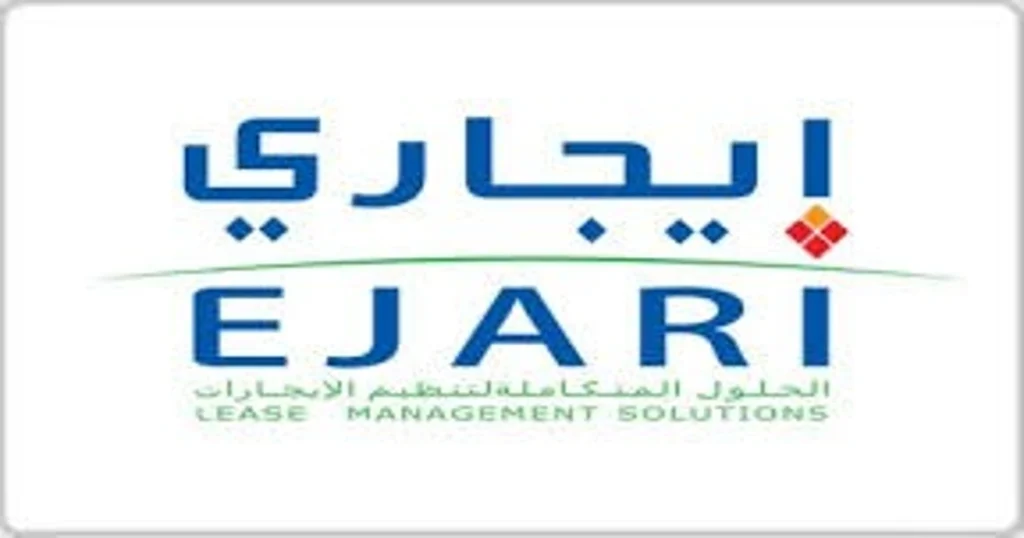What To Know
- For landlords, it confirms that the tenant is legally registered and that the property is being used according to the contract.
- You’ll need it to connect your DEWA (Dubai Electricity and Water Authority) account, set up the internet, or apply for a residence visa.
- When a contract is recorded through Ejari, it becomes admissible in official channels such as the Rental Dispute Center.
Understanding Ejari
Ejari is the official system used in Dubai to register rental agreements. It’s managed by the Dubai Land Department (DLD) through the Real Estate Regulatory Agency (RERA). The word “Ejari” means “my rent” in Arabic. Its main goal is to make every tenancy contract traceable, transparent, and legally valid.
When you register your lease in the Ejari system, your rental contract becomes part of Dubai’s property records. It confirms that the agreement between tenant and landlord is recognized by the government and that both sides have clear, enforceable rights. Without it, a lease is just a private document.
Why It Matters
Ejari is not just a formality. It’s what links your home to essential services and official records. You’ll need it to connect your DEWA (Dubai Electricity and Water Authority) account, set up the internet, or apply for a residence visa.
It also protects you if problems arise. For tenants, an Ejari certificate serves as proof of address and verifies the rent amount and payment schedule. For landlords, it confirms that the tenant is legally registered and that the property is being used according to the contract.
Dubai requires all rental contracts to be registered in Ejari. This rule keeps the rental market transparent and ensures every lease follows the same legal framework.
Legal Background
The Ejari system was introduced under Law No. 26 of 2007, later refined by Law No. 33 of 2008. These laws outline the relationship between landlords and tenants in Dubai. Registering your lease is part of complying with those regulations.
When a contract is recorded through Ejari, it becomes admissible in official channels such as the Rental Dispute Center. If a disagreement happens, both parties can rely on the Ejari record as verified evidence.
How It Works
The process is simple. Once a lease is signed, it must be uploaded to the Ejari system. This can be done by the landlord, the tenant, or a property management company. You can complete registration online using the Dubai REST app or visit an Ejari service center such as an OnTime Trustee office.
After submission, you’ll receive an Ejari certificate showing:
-
Contract number and issue date
-
Tenant and landlord names
-
Property location and details
-
Annual rent amount
-
Contract start and end dates
Registration usually takes less than a day when documents are in order.
How Ejari Connects to Everyday Life
An active Ejari certificate is needed for many routine services:
-
DEWA connection for water and electricity
-
Residency visa applications that require proof of address
-
Bank accounts and telecom plans that need verified residence
-
Legal procedures related to tenancy or rent disputes
Essentially, Ejari is the official proof that you live where you say you do. It ties your address to Dubai’s wider digital and legal systems.
A Simple Example
Suppose you’ve rented an apartment in Al Barsha. You’ve paid the first cheque and collected your keys. To activate utilities and set up your home, you’ll first need to register your contract on Ejari. Once complete, your certificate will appear in the Dubai REST app. That document then unlocks the rest — water, electricity, internet, and even family visa applications.
In Summary
Ejari is the backbone of Dubai’s rental system. It gives both tenants and landlords legal protection, keeps records transparent, and connects your home to every essential service in the city.
For a full walkthrough, see our next guide: How to Register Ejari Online or In Person in Dubai.



